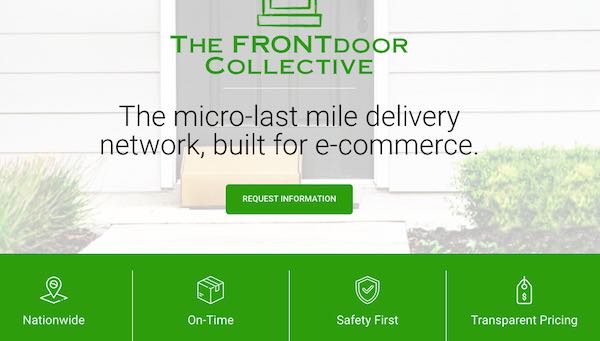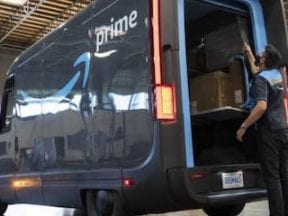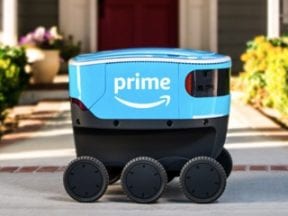With the holiday shopping season approaching, retailers and carriers are rolling out new delivery services. Smaller third-party providers are also entering the market, as last-mile delivery remains the most troublesome part of the package handling process.
Inadequate Capacity
Demand for package delivery during the 2021 holiday season is projected to exceed capacity by about 5 million parcels per day, according to UPS CEO Carol Tomé during the company’s Q2 earnings call. National and regional carriers are already at capacity.
Relying on USPS for last-mile delivery is becoming increasingly precarious. USPS is deliberately slowing down mail and package delivery and is suffering from a labor shortage in many areas. Additionally, USPS has asked the U.S. Postal Regulatory Commission to approve a rate increase of $0.25 to $5.00 per package — depending on the product and weight — from October 3 through December 26 for both individuals and businesses.
FedEx shifted all of its SmartPost last-mile parcels away from USPS into its own ground network at the beginning of 2021. UPS’s SurePost program continues to rely on USPS, but the rate increase and the possibility of UPS customers not receiving holiday packages in time may alter that reliance. UPS is already diverting some packages from SurePost to its own drivers.
Amazon is now shipping two-thirds of its packages directly to customers, according to supply chain consultant MWPVL International, up from one-half in 2019.
New Last-mile Provider
The last-mile predicament offers opportunities for small, agile third parties. Earlier this month a new provider emerged. Front Door Collective offers franchises to independent delivery companies. FDC provides uniforms, branded leased vans, and operational technology. The company says it can reach 90% of residences and businesses in the U.S. and Canada and has attracted over 100 small delivery providers. Most of them started in Amazon’s Delivery Service Partner program.

Front Door Collective, a new last-mile provider, offers franchises to independent delivery companies. FDC provides uniforms, branded leased vans, and operational technology.
According to Front Door Collective, these small companies believe they can do better financially outside of Amazon’s DSP program. They will have ownership in the umbrella company and better growth opportunities. Amazon does not restrict DSPs from delivering for other companies, but it can limit a DSP’s growth by restricting the number of routes or trucks it operates.
Front Door Collective hopes to expand its network to 300 franchisees by the end of 2021. The company claims it can deliver over 1 million packages per day and offer same-day and next-day service. Most of the companies that have joined FDC employ up to 120 drivers running from 20 to 60 routes daily.
The leadership of FDC has plenty of logistics expertise. Co-founder and CEO Dan Bourgault worked at Instacart and now participates in the Amazon DSP program. Penelope Register-Shaw, who worked for Amazon Logistics and helped launch its DSP program as well as Walmart’s last-mile program, is FDC’s chief strategy officer. Other executives come from the Amazon DSP program, FedEx, Instacart, and the U.S. military. The company believes it will soon compete with both FedEx and UPS, according to Business Insider.
FDC will also compete with Shipt, DoorDash, Uber, and Instacart. According to the company, many retailers that need items retrieved from their stores or warehouses for consumer deliveries have shown interest in its service.
The FDC has committed to sustainability and has partnered with manufacturer Canoo to furnish electric vehicles for its delivery drivers. FDC has agreed to purchase 10,000 Canoo vans by 2024, with the rollout starting in the second half of 2023.
Other Services
UPS is testing same-day delivery to compete with Amazon and FedEx, which offer same-day delivery in select markets. UPS said it might go outside its driver network, using third parties.
This week Walmart introduced a program to offer delivery services to other U.S. businesses. Called Walmart GoLocal, the service will utilize Walmart’s Spark network of third-party drivers to pick up items at merchants’ stores and deliver them to customers. Drivers are paid per delivery and work in more than 500 U.S. cities. Walmart will act as a white label provider, meaning that the merchants’ branding will remain intact.




